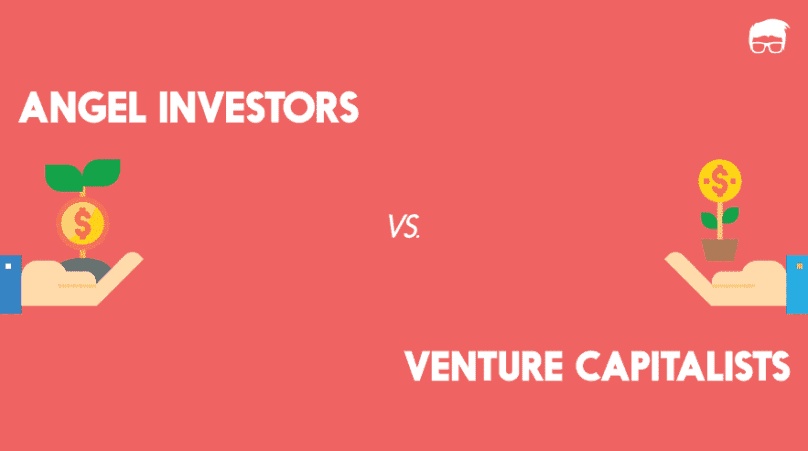Angel Investor: Generally, angel investors are those who provide startup capital to assist you in launching your business. They frequently invest their own cash in helping you start your business. An angel investor may occasionally be a friend, a member of the family, or a person with professional experience.
Venture Capital: Investors in venture capital typically seek out organizations with high growth potential, which is a perfect qualification standard for start-up businesses that have a strong business plan to achieve. However, they favor investing in technology-driven businesses in industries like biotechnology, communications, and information technology. When a company begins selling shares to the general public, venture capitalists frequently seek an ownership holding with the expectation of earning a significant return.
The best way to attract angel investors
In exchange for a stake in the company, typically in the form of equity or royalties, angel investors offer to invest in promising start-up businesses. Approaching angel investors directly and presenting them with a strong business plan is an effective technique to obtain funding from them. You may discover angel investors for your company through a number of online resources. Your local chamber of commerce may occasionally be able to direct you toward potential angel investors.
Angel investors and venture capitalists share similarities
Both put money into a company with the hope of getting their money back.
Both enable a business to make both capital and non-capital gains.
Venture capital and angel investors differ from one other
- Definition: The term "Venture Capital" describes money provided by outside sources that are used to finance new company endeavors. Conversely, the term "Angel Investor" refers to high-net-worth individuals who contribute their own money to profitable startups.
- Source of funding: While angel investors use their own money to support promising new enterprises, venture capital originates from outside sources like banks, pension funds, insurance companies, financial organizations, and high-net-worth individuals.
- Other roles in the business: Business networking, product development, sales expertise, and advertising techniques are all supported by venture capitalists. Angel investors, on the other hand, only take on minor responsibilities like serving as company mentors and aiding in decision-making.
- capital firms: Income notes, equity financing, conditional loans, and participating debentures are some of the venture capital methods employed. On the other hand, Angel investors may use cash in the form of preferred convertible shares, common stock, or company loans.
- Conditions: Angel investors' funding requirements are less stringent than those of venture capitalists.
- Amount invested: Large sums of money are invested in a business by venture capitalists. On the other side, angel investors don't put a lot of money into a company.
- Returns: Angel investors do not require high returns on their investments, in contrast, to venture capitalists who do.


No comments yet